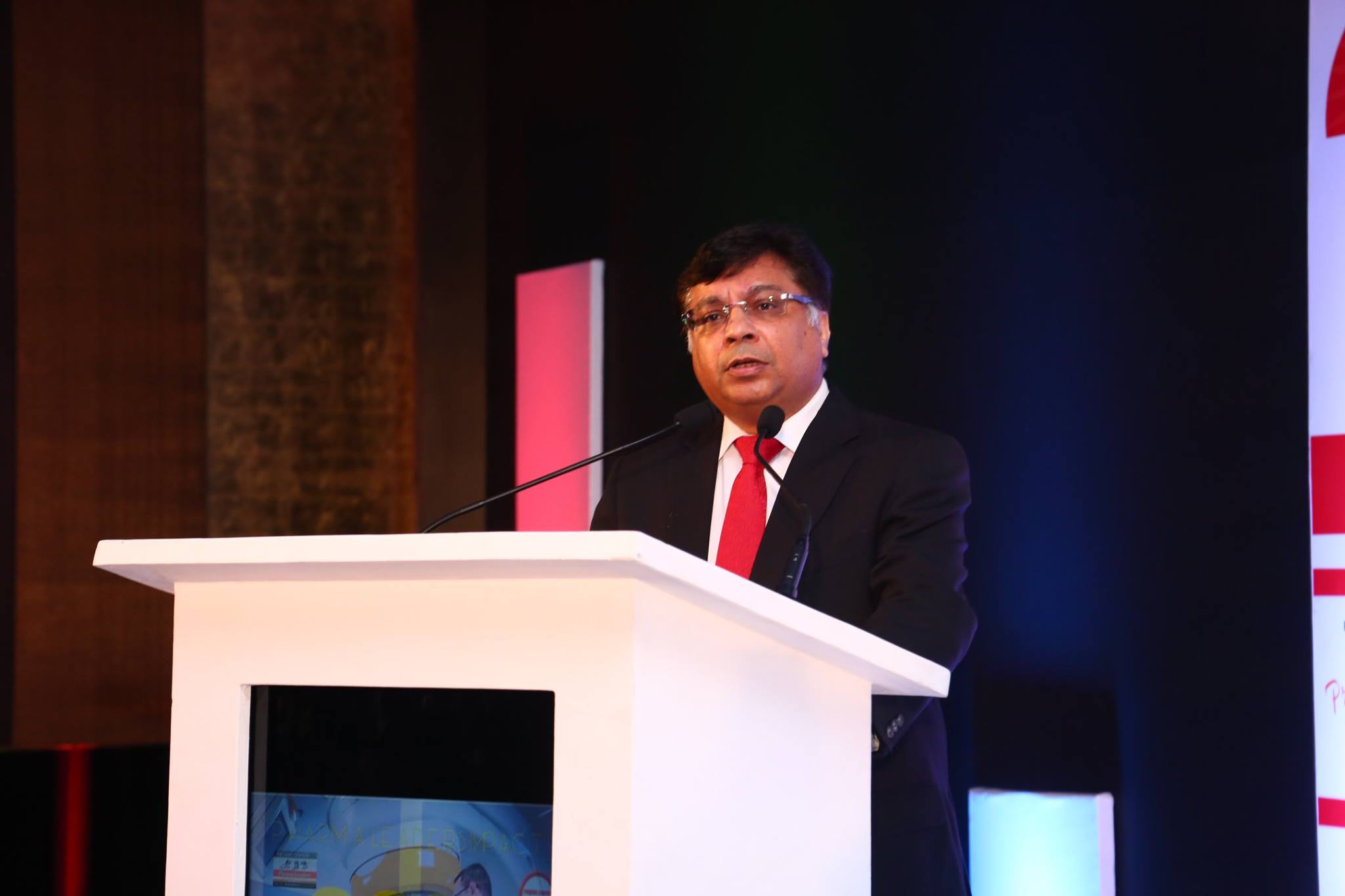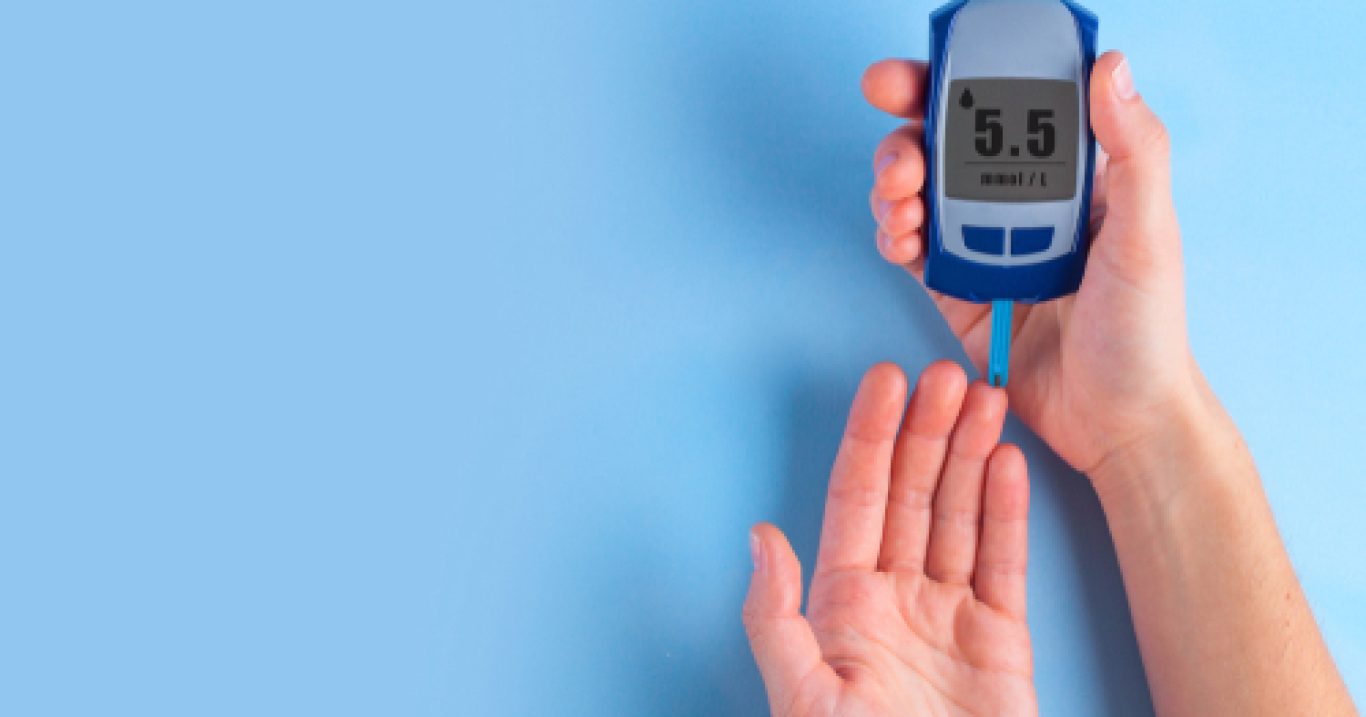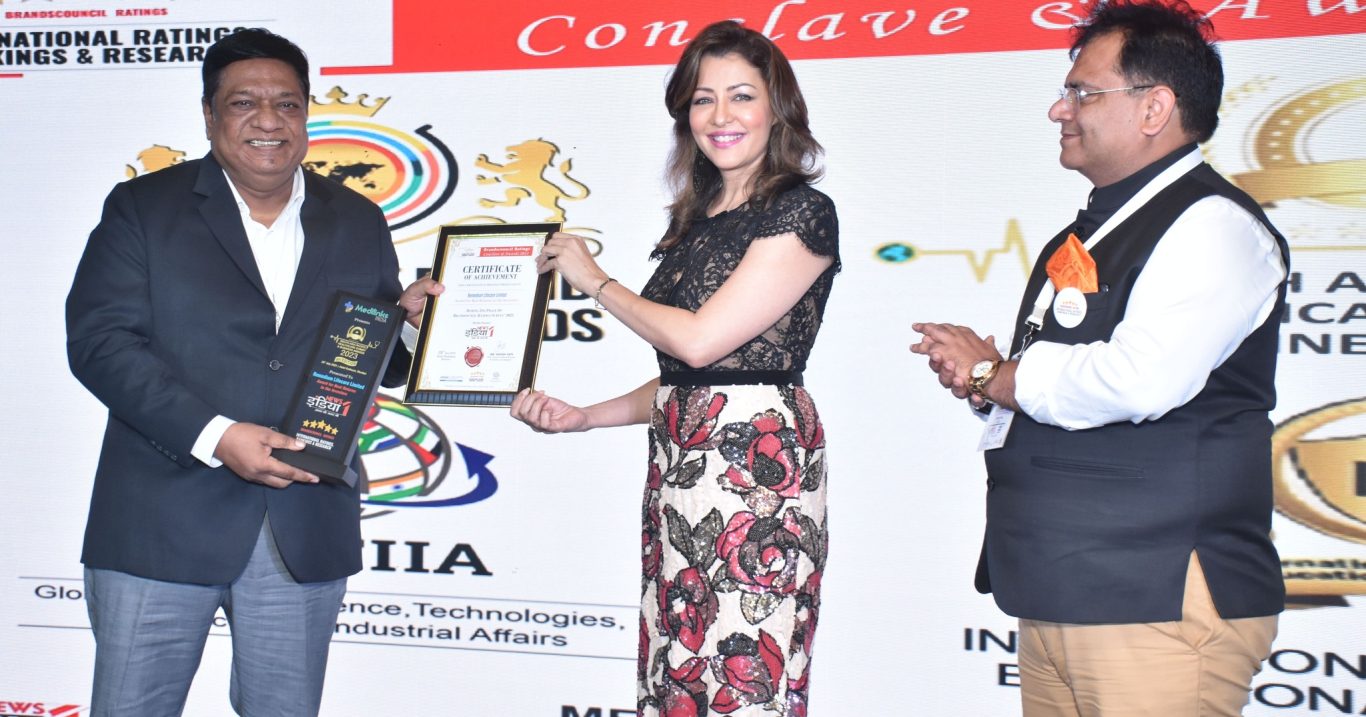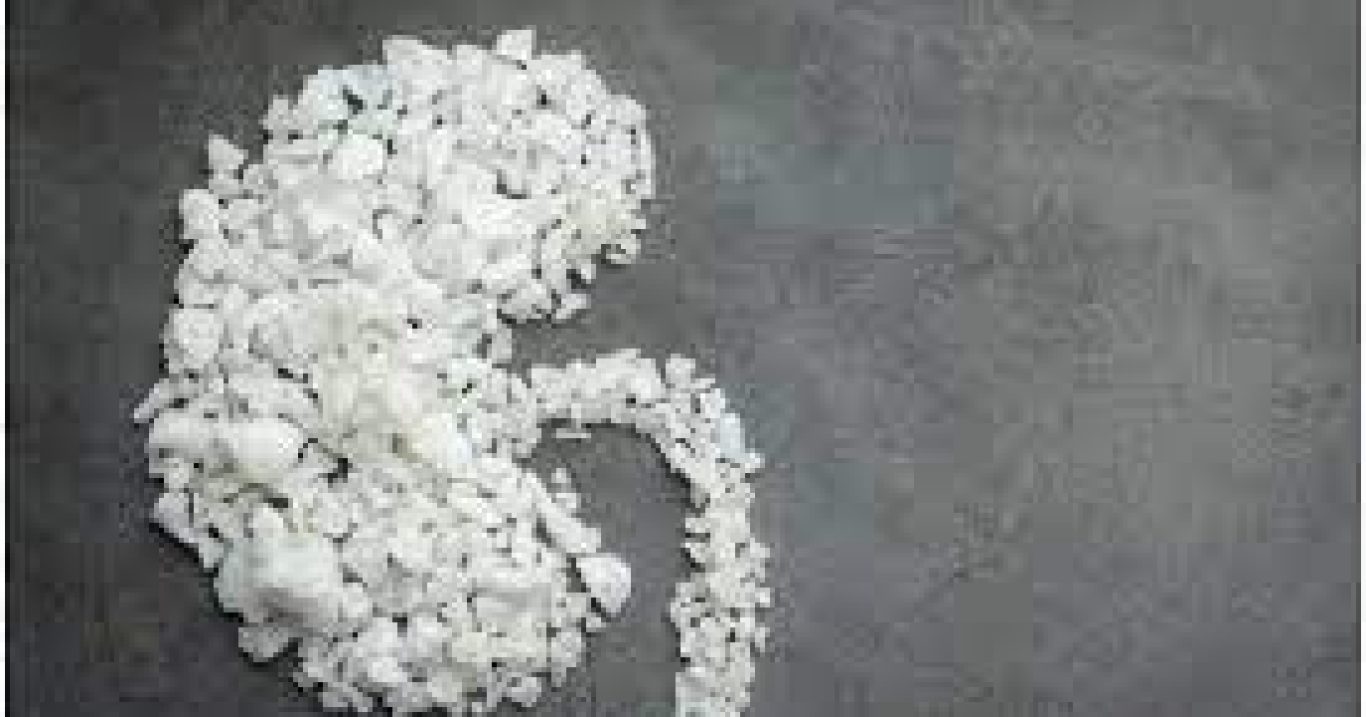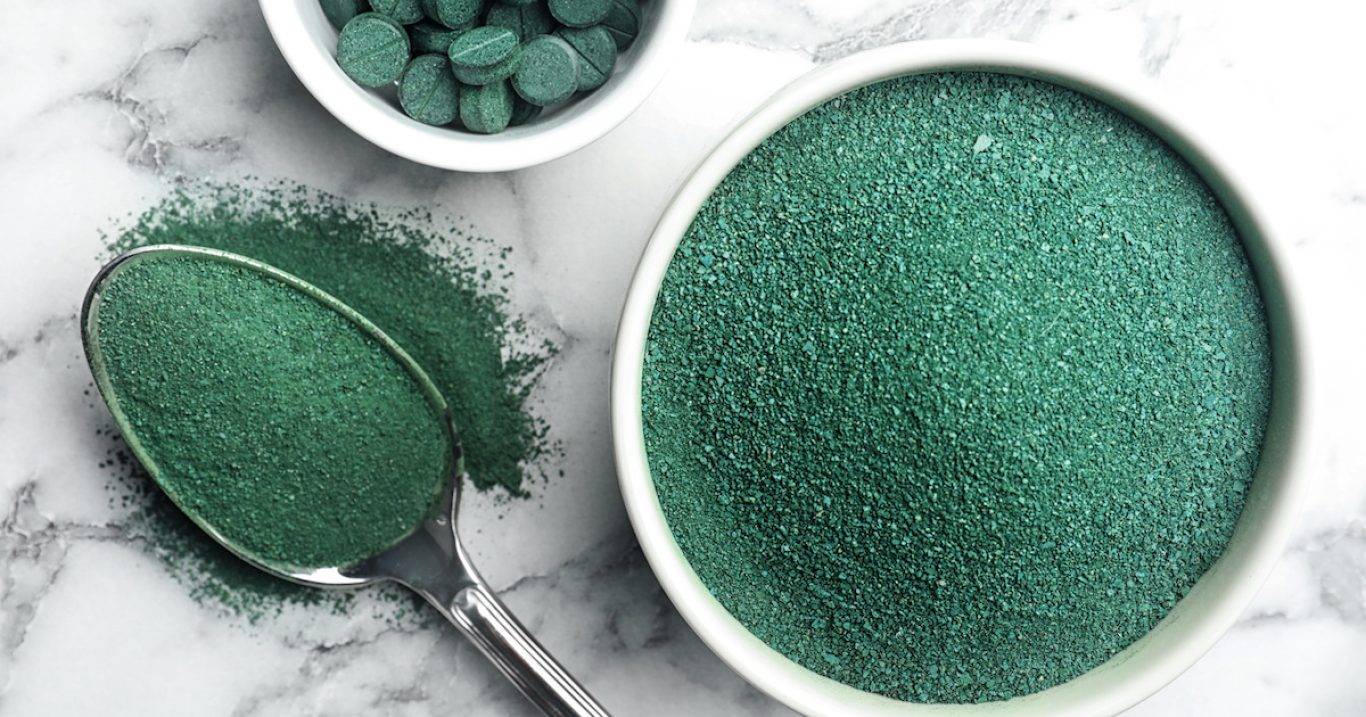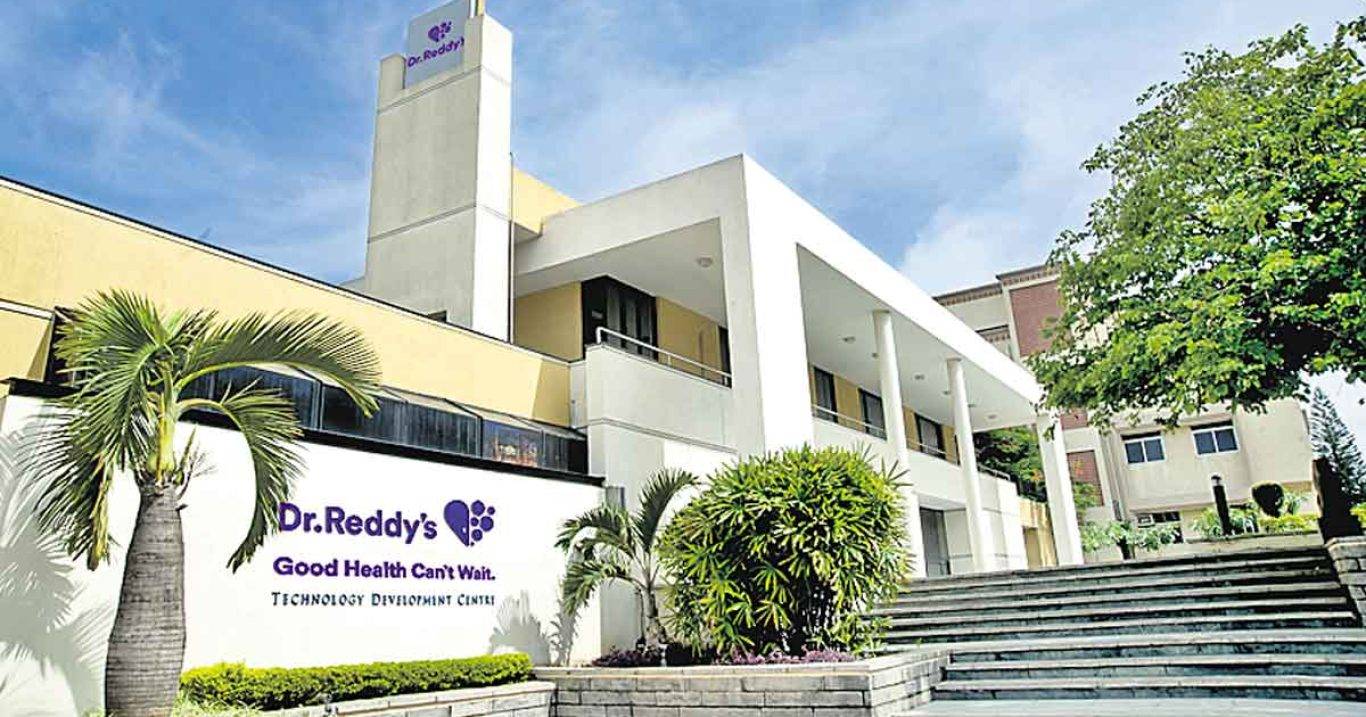Consumers, Healthcare providers & Manufacturers dismayed as Centre readies to regulate Medical Device alongside Drugs
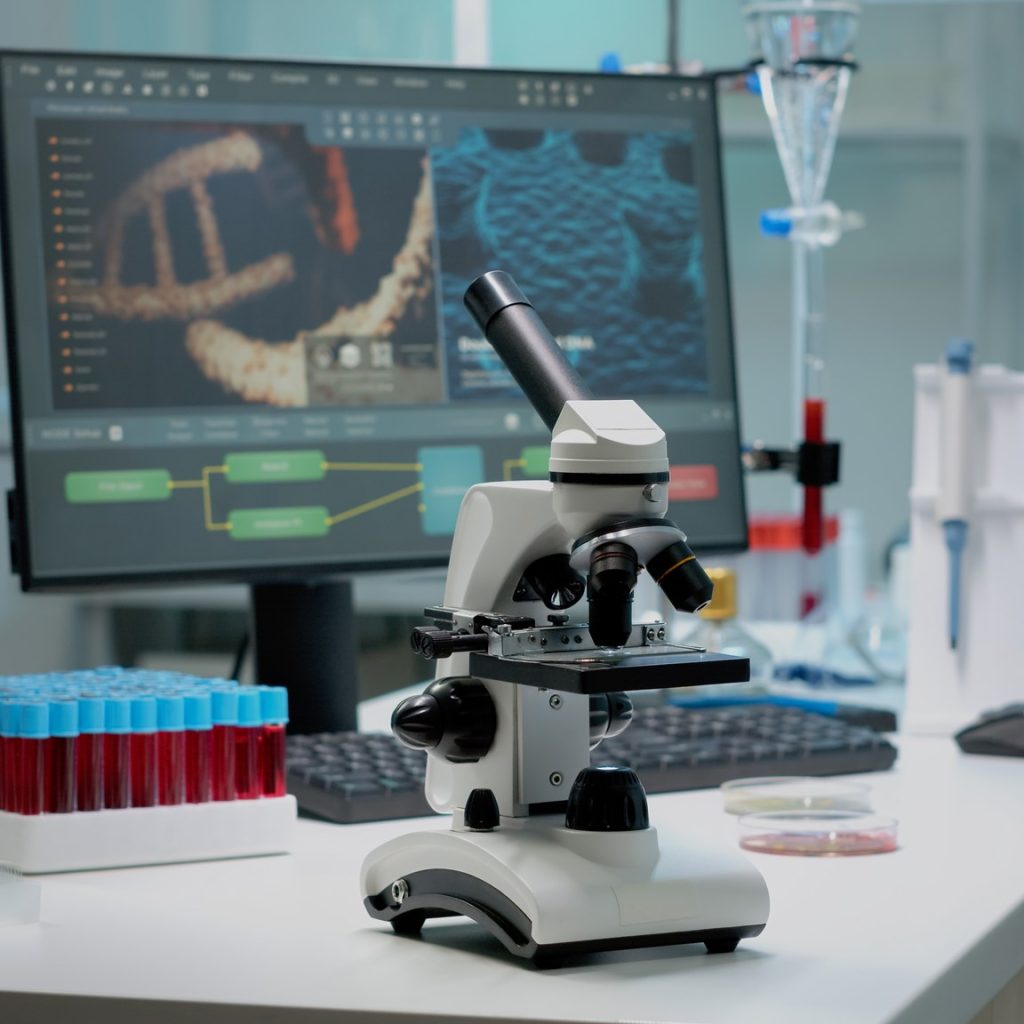
– No committee was formed to review the different tenets of the Bill: AIMED
– If the Bill is passed as is for medical devices, India may be pushed into a supply chain crisis: Dr Giridhar Gyani, Secretary General, AHPI
Consumer Patient groups, Healthcare Providers joined manufacturers associations in expressing profound dismay as the Centre reportedly prepares to table the New Drugs, Cosmetics & Medical Device Bill, 2023 in Parliament without adequately addressing their concerns. The proposed legislation, aimed at regulating the medical device sector, had earlier garnered widespread apprehension from industry stakeholders who feel that their input has been overlooked and even after the MoH&FW had been specifically redirected by the Parliament Committee on Health & Family Welfare.
Despite recent consultations, industry leaders argue that key issues such as regulatory complexities, the potential impact on innovation, and the need for a conducive business environment have yet to be adequately assured by redressal in the bill.
The lack of alignment with industry expectations has raised fears of stifling growth and hindering technological advancements in the medical device sector and continued import dependence as easier to import high end medical devices than to get regulatory approval for domestic manufacturers.
As the Bill is reported to move forward, there is a palpable sense of frustration among industry leaders who were hopeful for a more collaborative and responsive approach from the government.
Association of Indian Medical Device Industry (AIMED) Forum Coordinator Rajiv Nath, while expressing his disappointment, said that even after the assurance given by Union Minister of Health and Family Welfare, and Chemicals and Fertilizers Minister Dr Mansukh Mandaviya, no committee was formed to review the different tenets of the Bill on a clause by clause discussion to align it or as suggested to use earlier separate Bill drafted by NITI Aayog in 2019.
“The need of the hour is a progressive modern separate law for addressing patient safety concerns. NITI Aayog had drafted an excellent Medical Devices (Safety, Effectiveness and Innovation) Bill, 2019 but in vain and we keep going in circles. Who gains from putting Indian manufacturers at a disadvantage over imports and by Drug pharmacists weighed biased regulatory controls? Even the impactful recent progressive legislations in countries like Canada, UK, EU, Brazil, Malaysia, Singapore and Saudi Arabia were not studied. Who blocked that progressive visionary Bill?” asked Nath.
“An inclusive process will help shape an appropriate Regulatory Policy that needs to impact the Medical Devices sector positively,” said Prof. Bejon Misra, Founder Director, Patient Safety and Access Initiative of Foundation India, “Collective voices of the entire stakeholders should be heard, especially of the consumer and patient safety groups as the law is built to protect them and who should also be allowed to participate in formulating the regulations, which will help in ensuring affordable access to innovative medical devices that are safe. How can you ignore the most important stakeholders – the patients?”
Nath rued that by keeping a chapter of penalties and punitive actions common with Drugs, we are only reviving the Inspector Raj, which the nation cannot afford as we are working hard to make India self-reliant by promoting the ‘Make India’ spirit as envisioned by Prime Minister Narendra Modi. We need competent auditors from engineering and science background and not dominant pharmacists with expertise of Drugs applying their drug regulatory inspection-based knowledge on medical devices that cannot have guarantee of absolute safety and are seeking an overkill.
Discussing the potential impact of the Bill, which appears to favor foreign players, Dr. Giridhar Gyani, Direcor General of the Association of Healthcare Providers India (AHPI), expressed concern. He emphasized, “In the national interest, it is crucial for us to highlight that if the Bill is passed as is, the healthcare providers sector, heavily reliant on medical devices and advocating for increased availability of affordable, high-quality, made-in-India medical devices, may once again face challenges in management of supply chain, leading to crisis and country wide lockdown similar to the onset of Covid. Domestic manufacturers might lose their capacity to swiftly address domestic demand, especially in the event of a pandemic”
Mr. K L Sharma, former Joint Secretary in the Ministry of Health & Family Welfare, GoI (2014-17), who coordinated the creation of Medical Devices Rules, 2017 stated:” Medical devices are essentially engineering products and while having commonality in terms of their usage with drugs or medicines, these form an entirely distinct category. Keeping this in view, the regulatory regime for the two cannot be the exact replica of each other. Even within medical devices, there are vast differences and those need to be duly factored in while establishing the regulatory framework.
Treating medical devices at par with drugs for regulatory purposes is fraught with danger for various reasons including the fact that such an arrangement puts unnecessary burden on medical device manufacturers in terms of compliances and leaves out more vital aspects that are crucial for ensuring the safety and effectiveness of medical devices.
The capacity of regulators at present at the state and the national level in India is limited both in quantitative and qualitative terms. It is, therefore, essential that the efficient regulatory structures that could regulate, nurture and educate industry on best global practices with specialised manpower and required domain knowledge are put in place; the legislative framework is updated periodically; and structures outside the government regulators are also roped in for facilitating the industry with certification processes.
The Bill as now prepared is old wine in new bottle as only the label is getting changed. It will be necessary to rework the entire legislative framework i.e., the Act and the rules after extensive consultations with the stakeholders. The proposed Bill has been prepared largely through consultations within the governmental structures and only limited external inputs have been taken. This makes the entire process infructuous.”
Harvinder Singh, General Secretary, SIDS, (Surgical Instruments Development Society) said: “Leaders of our country have given repeated assurances for decriminalization of offences and proposed proportionate punitive action. Legislators should avoid replicating the penalties meant for Drugs Act on to the medical devices sector, which are essentially engineering Products. Instead, effective compliance mechanisms in progressive countries may be deployed to discipline manufacturers.”
AiMeDs Forum Coordinator Nath further said that India needs to move away from Inspector Raj where inspectors are empowered for search and seizure for even licensed manufacturers and treat them as criminals with threats of imprisonment for even minor offences.
Nath said that a good law needs to be simple, reasonable and implementable and give direction of intent for a progressive aspiring nation with superior effective compliance systems that are Civil rather than Criminal in disciplinary nature. Medical electronic devices which are an engineering product like cars can’t be manufactured or regulated like drugs and need to be stored, transported, installed, and maintained and regularly calibrated to ensure patient safety for the lifecycle of the product, “added Nath.
Gaurav Agarwal, Managing Director, Innvolution Healthcare that produces cardiac imaging equipment said “ India is more than 85% import dependent in area of high end medical electronics and just having a separate chapter in proposed bill is not enough if 5 of the 7 chapters are common with Drugs without even any separate risk proportional penal system and there’s no inspection of overseas manufacturers whereas Indian manufacturers get inspected by pharmacists who see everything from the lens of drugs regulations . If food can have FSSAI we need a separate regulatory framework too if we aspire to be global leaders. “
Malini Aisola Co-Convenor of the All India Drug Action Network (AIDAN) –
“There are no clearly defined norms for conducting clinical investigations, particularly for high-risk devices that go into the body of a patient or have higher potential to cause harm, leading to some very poor study designs and insufficient or dubious data. There is a complete lack of transparency in the way the regulatory mechanism and expert committees provide recommendations and undertake assessments of the studies, and the data which is the basis for granting approval.
Presently, in the absence of clearly defined norms for conducting investigations, some of the industry players are getting away with ridiculous study designs. Nobody knows how a medical device gets approval, how it was assessed by the experts or the data on the basis of which approval was granted!
Under current law, medical devices are granted virtually automatic approval in India if they have received licensure/certification for use in a number of developed country jurisdictions. Yet, even in high-income countries, the laws may have serious loopholes (e.g., 510(k) approvals in the US) or have sub-optimal and watered-down requirements for granting approval (as under the CE certification prior to amendments in recent years). Moreover, even these regulatory agencies are not immune to undue influence by industry lobbies. It bears noting that a blanket dependence on some foreign regulatory systems, if applied without regulatory scrutiny by the Indian regulator, would not be prudent.”
Interestingly the Parliamentarians in the Health Committee had initially responded specifically that instead of drafting a combined legislation for Drugs, Medical Devices and Cosmetics, the Ministry should formulate a separate legislation for Medical Devices.
The Committee had reiterated its earlier recommendations that the new legislation should set up a new set of regulators at different levels for regulating the Medical Devices industry. Unlike the present structure, the proposed National regulator should license the manufacturing of medical devices like FSSAI, and the state regulators be supervised by the National Regulatory Authority to help harmonize the regulatory process throughout the country.
The Committee believed that the government should not afford regulation of medical devices by pharma experts and are dispensed with by qualified and well-trained Medical Device Officers. Therefore, a separate Regulatory Infrastructure for medical devices with a dedicated workforce instead of adjoining with the CDSCO would serve the purpose better.
Stakeholders state that they are incredulous that the Parliament Committee recommendations are being ignored along with the aligned concerns of health care providers, patient and consumer groups as well as the domestic manufacturers and hope that prior assurances are honoured.


